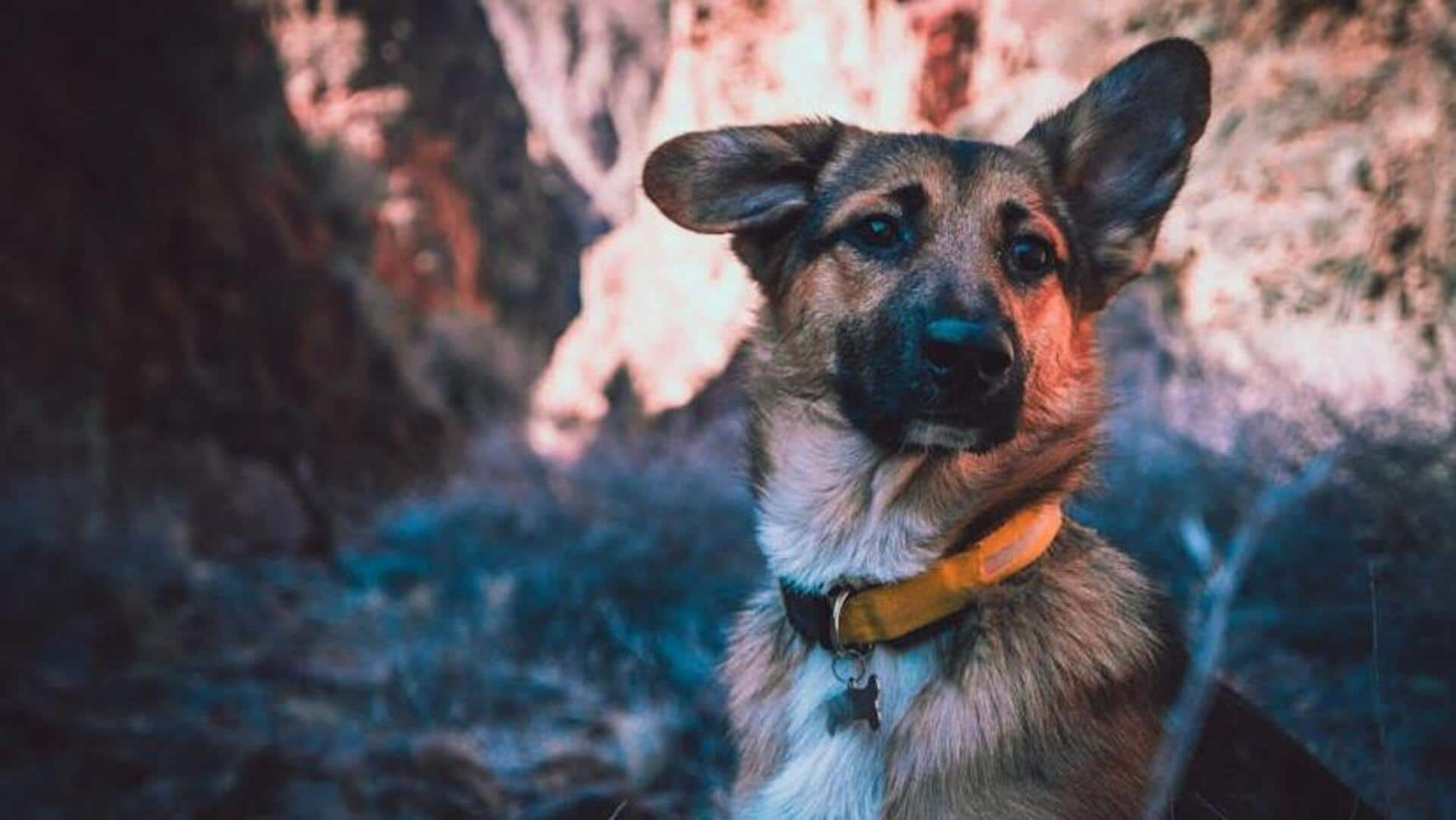
German Shepherd dental care tips
What's the story
The German Shepherd is a breed known for its intelligence, loyalty, and versatility.
These dogs are often employed in various roles such as police work, search and rescue, and as service animals due to their trainable nature and strength.
However, like all breeds, they require specific care to maintain their health, including dental hygiene which is crucial for their overall well-being.
Tip 1
Regular teeth brushing
It's essential to integrate teeth brushing into your German Shepherd's grooming routine.
Aim for two to three sessions each week, utilizing a toothbrush and toothpaste specifically designed for dogs.
Regular brushing is key to preventing plaque and tartar buildup, which can lead to periodontal disease.
This dental ailment is notably prevalent in the breed, making consistent oral care a priority.
Tip 2
Dental check-ups
It's imperative for German Shepherd owners to schedule annual dental check-ups with their veterinarian.
These examinations are crucial for early detection of oral health issues, including gum disease and tooth decay, which might go unnoticed by owners.
Identifying these problems early on simplifies management and treatment, helping to prevent further complications and ensuring the dog's dental health is maintained.
Tip 3
Chew toys and dental treats
Chew toys and dental treats should be part of your German Shepherd's dental routine.
Not only do they provide entertainment, but they also serve a vital role in maintaining dental hygiene.
The act of chewing these items helps to naturally clean the teeth by removing plaque buildup.
This mechanical cleaning action is a key preventive measure against dental health issues in your pet.
Tip 4
Balanced diet for dental health
A balanced diet is crucial for your German Shepherd's dental health.
Steer clear of sugary treats and opt for food that supports dental care.
Certain types of kibble are formulated to assist in cleaning teeth while your dog enjoys their meal.
It's important to always discuss with your veterinarian to determine the most suitable diet plan that caters to your dog's specific dental needs.